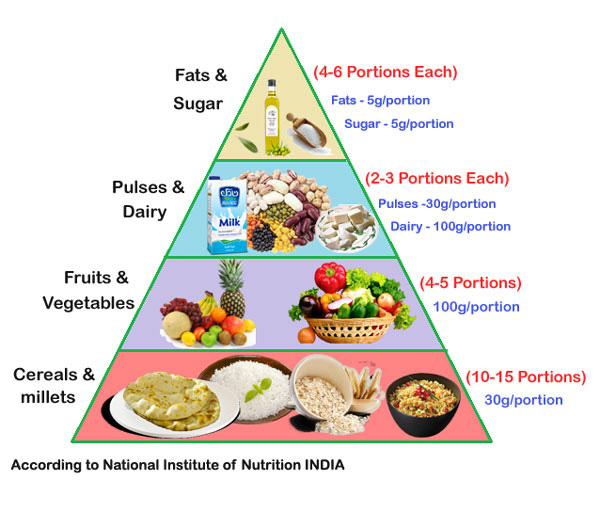

Healthy eating is all about consuming a proportionate amount of nutrients that will help you to stay fit and maintain your health. Healthy eating not only helps you to stay fit but also encourages good mental health.
Nutrients such as protein, carbohydrates, fat, water, vitamins, and minerals should be a part of your daily diet. Eating a healthy diet is not about strict limitations but ensuring that you are consuming exactly what your body needs to stay fit physically. It's about feeling great, having energy, building health, and boosting the mood.

Breakfast being the first meal of the day needs to be healthy. Breakfast meaning you are literally breaking your fast. Your body has no food for approximately 8 hours, so it is very essential to start your day with a healthy breakfast.
Breakfast acts as a kick to start your engine i.e the body functioning. As you are in an idle position while sleeping doing nothing but still energy is consumed by the body while sleeping, Since, it is the first meal of the day should be a perfect combination of carbohydrates, proteins, fats and fibre.
Nutrients that we obtain through food have vital effects on physical growth and development, maintenance of normal body function, physical activity, and health. Nutritious food is, thus, needed to sustain life and activity. Our diet must provide all the essential nutrients in the required amounts. Requirements for essential nutrients vary with age, gender, physiological status, and physical activity. Dietary intakes lower or higher than the body requirements can lead to undernutrition (deficiency diseases) or overnutrition (diseases of affluence) respectively
A balanced diet is one that provides all the nutrients in the required amounts and proper proportions. It can easily be achieved through a blend of the four basic food groups. The quantities of foods needed to meet the nutrient requirements vary with age, gender, physiological status, and physical activity. A balanced diet should provide around 50-60% of total calories from carbohydrates, preferably from complex carbohydrates, about 10-15% from proteins, and 20-30% from both visible and invisible fat.
